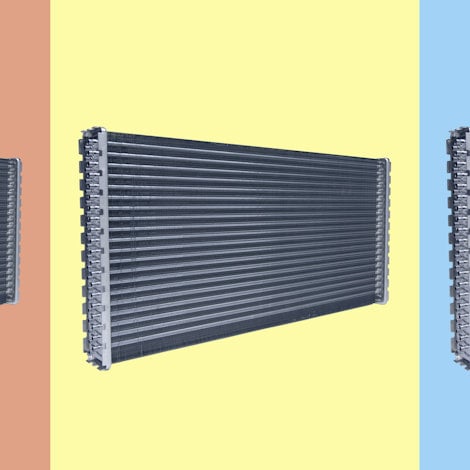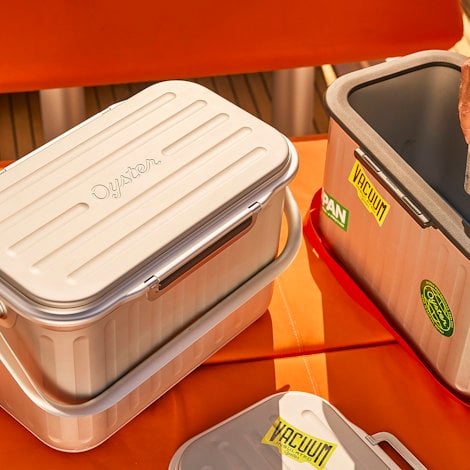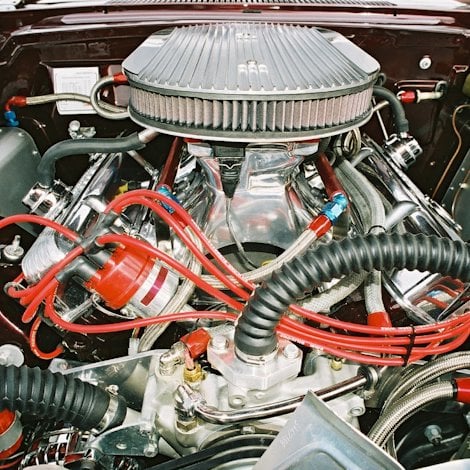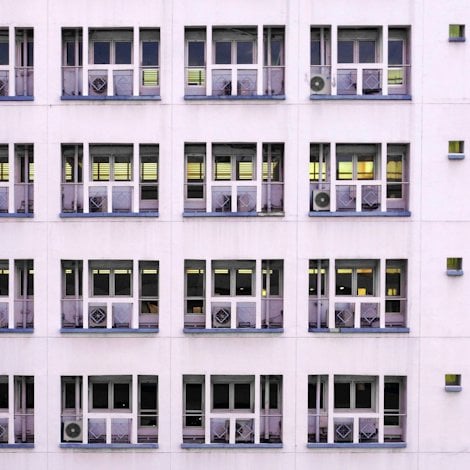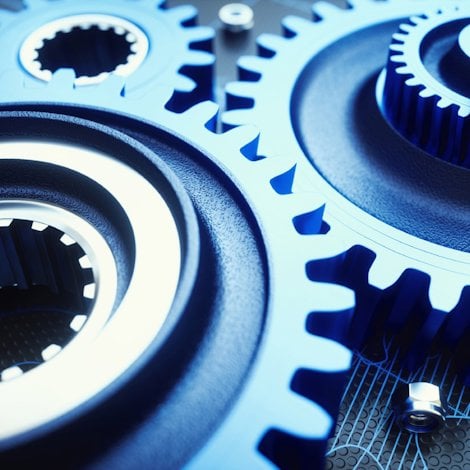A more durable HVAC unit
Because people expect their HVAC systems to last a long time, durability is an issue that the manufacturers of such systems need to solve. Let us look at this issue.
Here are two typical failure modes in residential HVAC condenser units:
- Refrigerant leakage due to corrosion of the heat exchanger
- Compressor failure due to a high duty cycle and high head pressure resulting from the loss of condenser heat transfer capacity
Both of these failure modes involve corrosion.
The refrigerant leakage failure mode is prevented through proper aluminium alloy selection, heat exchanger design and manufacturing process design. Aluminium heat exchangers are durable in a variety of environments. Manufacturers need to choose the right tube alloy and to understand how to combine alloys to achieve extremely high corrosion resistance.
Similarly, the compressor failure can be mitigated by using the correct aluminium heat exchanger materials, thereby slowing the gradual loss of condenser capacity due to the detachment of fins from the tube. In the case of tube and fin heat exchangers, this failure mode is common.
With copper tubes, the aluminium fin provides sacrificial corrosion protection of the tube. By design, the fins are corroding to prevent the tubes from corroding. Of course, as the fins corrode, the condenser’s ability to reject heat deteriorates. The rate at which this performance loss takes place for a given heat exchanger design depends on the operating environment for that particular heat exchanger.
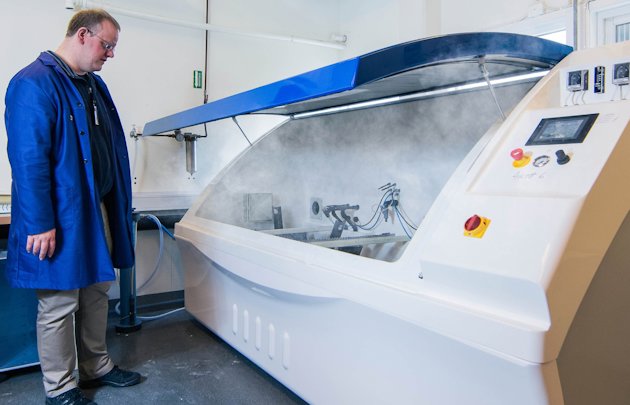
Paying more for less
In marine and coastal environments, copper tube and aluminium fin heat exchangers are known to suffer a significant loss of performance early in their service life, leading to failure well before what is experienced is less aggressive environments. And even before ultimate failure, the owner of the corroded equipment is paying increased power costs since the unit must run increasingly high duty cycles to compensate for the loss of cooling capacity.
Although aggressive environments accelerate the effects of corrosion, the same processes take place in all atmospheric conditions. The loss of performance is more gradual, but it does take place.
These issues are more frequent and more severe for copper tube and aluminium fin heat exchangers. Careful selection of long-life aluminium tubes and matched fin alloys will significantly reduce both severity and frequency of this failure mode. It cannot, however, be completely eliminated since the nature of the mechanical bond between fin and tube is such that the contact resistance will increase over time.
Eliminating the mechanical fin-to-tube bond assures that the HVAC equipment continues to provide the owner with the rated equipment capacity at the rated energy efficiency.




